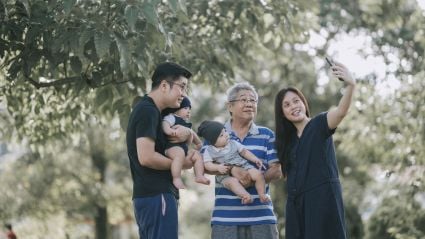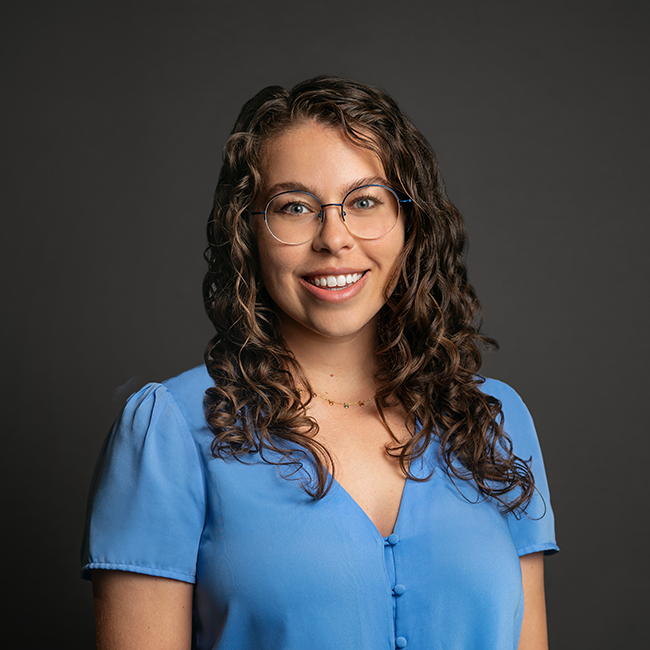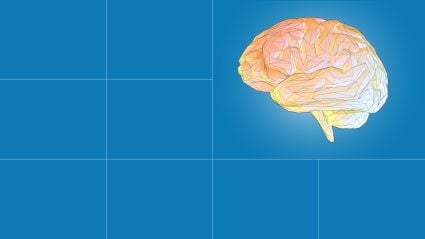
Nearly 7 million seniors in the United States are living with Alzheimer’s disease, and 11 million more people provide unpaid care for a family member or friend with dementia. As many families who have faced the disease can attest, a dementia diagnosis often brings with it sustained and significant personal, emotional, and financial stress. As our nation ages, the impact of this disease is expected to grow, with an estimated 13.8 million people projected to be living with the disease in 2060.
Given the size and scope of the crisis, we have an urgent need to find solutions that improve quality of life for people and families and accelerate progress toward improved prevention, detection, treatment, and care. To do this, we must bring together constituents from multiple sectors to codevelop comprehensive strategies that address our most urgent needs today and better position us to respond to the demands of tomorrow. The Milken Institute's Alliance to Improve Dementia Care is one such effort on this front. By fostering purposeful collaboration across individuals and families, government, and private and public organizations, we can leverage diverse perspectives, experiences, and competencies to collaboratively build solutions to many of the challenges our country faces related to Alzheimer’s and all other dementia.
We see the impact of cocreation every day.
"We’ve made incredible progress. For the millions of people affected by Alzheimer’s disease, we cannot let up."
The Centers for Disease Control and Prevention’s (CDC) BOLD Act awards are a great example. This law funds two initiatives: the BOLD Public Health Centers of Excellence and the BOLD Public Health Program. The BOLD Centers of Excellence pro gram provides funding to three organizations nationwide (including the Alzheimer’s Association) to support the identification and dissemination of research and evidence-based best practices for dementia risk reduction, early detection, and caregiving. The Centers of Excellence collaborate closely with the CDC, health departments, and community groups to maximize their reach and community impact. Through the BOLD Public Health Program, the CDC provides grants to state, local, and tribal public health departments to increase their ability to promote risk reduction and early diagnosis, manage comorbidities, and reduce avoidable hospitalizations.
Or consider the transformative power of a passionate care partner who connects philanthropists, business leaders, scientists, and nonprofits to boldly accelerate progress by funding the most promising early-phase studies on Alzheimer’s treatments. After losing her father to Alzheimer’s, Michaela “Mikey” Hoag founded an initiative called Part the Cloud, which aims to fund research with the highest probability of slowing, stopping, or ultimately curing Alzheimer’s disease. To date, the initiative has raised more than $83 million. Funds are awarded through a competitive grant process managed by the Alzheimer’s Association. In a sign of the initiative’s vision and ability to identify promising ideas, Part the Cloud-funded studies have gone on to receive more than $1.4 billion in additional investment from government and private sources to move the work forward.
Codevelopment is also an effective strategy for designing and implementing clinical trials. US POINTER is a two-year study that is assessing whether lifestyle interventions targeting multiple risk factors simultaneously can slow or prevent cognitive decline in an at-risk population. The study was cocreated by researchers from Wake Forest School of Medicine, Baylor College of Medicine, Kelsey Research Foundation, UC Davis School of Medicine, Rush University Medical Center, Advocate Health Care in Chicago, Butler Hospital in Rhode Island, The Miriam Hospital in Rhode Island, and the Alzheimer’s Association. It is based on a similar, successful trial in Finland and part of a global network of similar studies that focus on multimodal behavioral interventions to reduce risk or prevent Alzheimer’s disease and other dementias. Community organizations and local Alzheimer’s Association offices in study site locations worked with the US POINTER team to develop accessible and sustainable prevention models. US POINTER investigators are expected to report results next summer.
We’ve made incredible progress in Alzheimer’s and dementia. For the millions of people affected by the disease today and everyone who will be touched by the disease tomorrow, we cannot let up. Working together, we must cocreate thoughtful, inclusive, and rigorous solutions to ensure everyone in all communities has access to prevention, early detection, treatment, care, and, one day, cures.



















